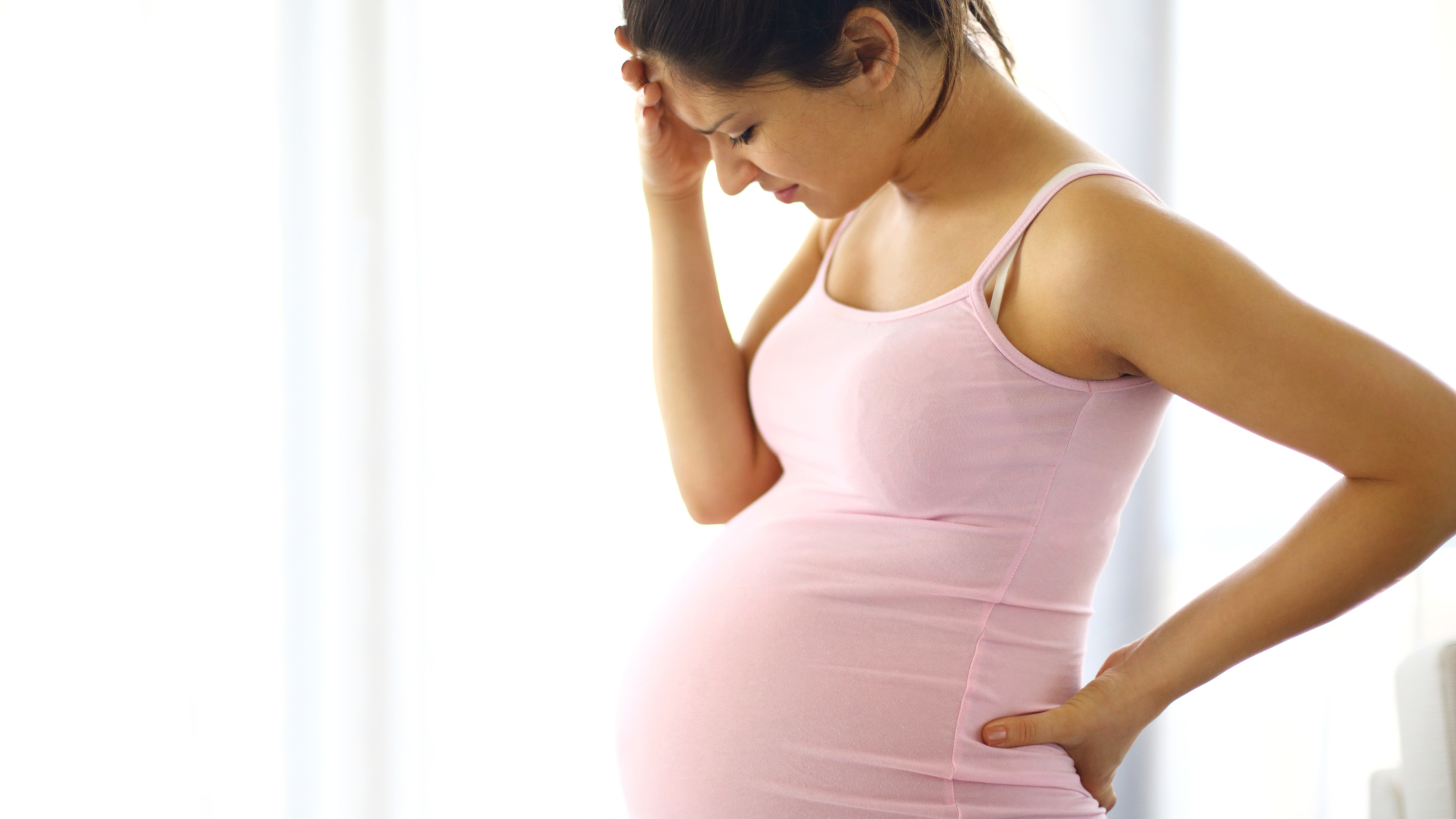
Pregnancy is a beautiful and transformative journey for many women, but it also comes with its fair share of challenges. One of the most common and often underestimated symptoms of pregnancy is fatigue. From the first trimester to delivery day, fatigue can be a constant companion for expectant mothers. In this blog post, we'll delve into the causes of fatigue during pregnancy, its effects on women, and some tips for managing this overwhelming exhaustion.
The Causes of Pregnancy Fatigue
Fatigue during pregnancy is a result of various physical and hormonal changes occurring in the body. During the first trimester, a surge in progesterone levels can induce sleepiness, making it difficult to stay awake during the day. Additionally, the body is working overtime to support the growing fetus, which can drain energy levels.
As pregnancy progresses, other factors contribute to fatigue. The body's increased blood volume and metabolic rate require more energy, while discomfort from weight gain and hormonal fluctuations can disrupt sleep patterns. Emotional stress and anxiety about the impending changes can also contribute to feelings of exhaustion.
Effects of Fatigue on Pregnant Women
The impact of fatigue during pregnancy extends beyond feeling tired. It can affect various aspects of a woman's life, including her physical health, mental well-being, and daily activities. Physically, fatigue can make simple tasks like cooking, cleaning, or even getting dressed feel like monumental challenges. It can also lead to muscle aches, headaches, and overall discomfort.
Mentally, fatigue can take a toll on mood and cognitive function. Many pregnant women report feeling irritable, forgetful, or unable to concentrate due to lack of sleep and constant tiredness. This can impact their relationships, work performance, and overall quality of life.
Managing Pregnancy Fatigue
While fatigue during pregnancy may be unavoidable, there are steps women can take to manage it and alleviate some of its effects:
-
Prioritize Rest: Listen to your body and rest whenever you feel tired. Take short naps during the day and ensure you're getting enough sleep at night by creating a comfortable sleeping environment.
-
Stay Active: While it may seem counterintuitive, regular exercise can help combat fatigue by boosting energy levels and improving mood. Opt for low-impact activities like walking, swimming, or prenatal yoga.
-
Eat Well: Fuel your body with nutritious foods that provide sustained energy throughout the day. Aim for a balanced diet rich in fruits, vegetables, whole grains, and lean proteins, and stay hydrated by drinking plenty of water.
-
Delegate Tasks: Don't hesitate to ask for help from your partner, family members, or friends with household chores and other responsibilities. It's essential to conserve your energy for the things that matter most.
-
Practice Self-Care: Take time for yourself to relax and unwind. Whether it's reading a book, taking a warm bath, or practicing mindfulness meditation, self-care activities can help reduce stress and rejuvenate your body and mind.
Conclusion
Fatigue is a common and often overlooked symptom of pregnancy that can have significant effects on women's physical and mental well-being. By understanding the causes of pregnancy fatigue and implementing strategies to manage it, expectant mothers can navigate this challenging aspect of pregnancy more effectively. Remember, it's essential to prioritize self-care and listen to your body's needs during this transformative journey.
If you, or someone you know, struggles with getting a good night's sleep, then please click the orange button below to take a free online sleep test and talk with one of our sleep health professionals.

